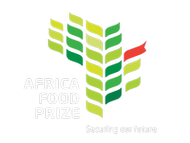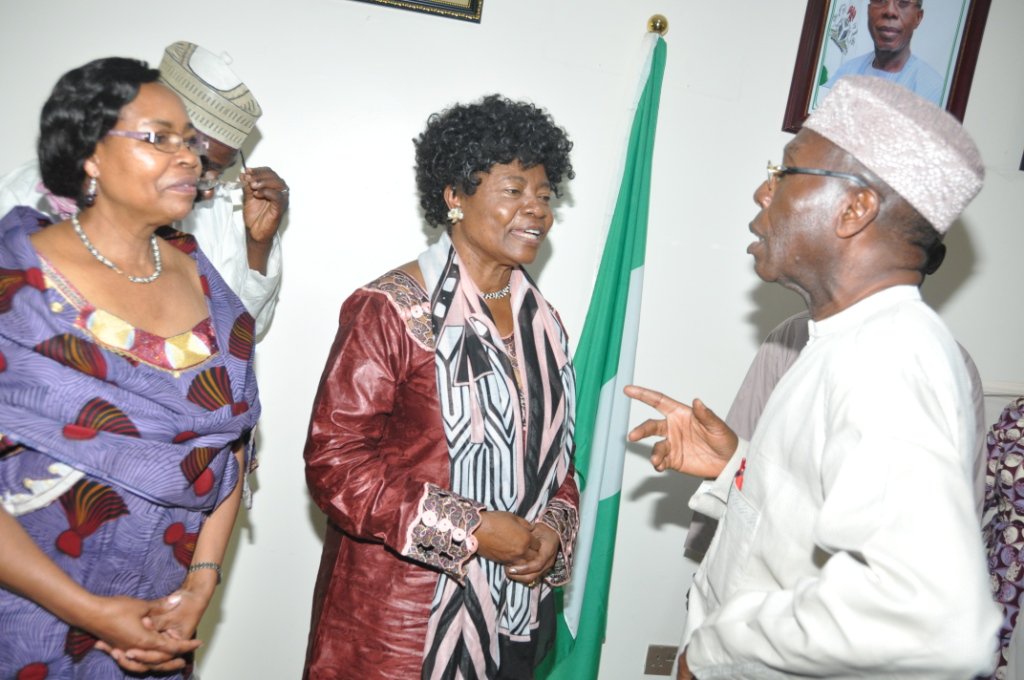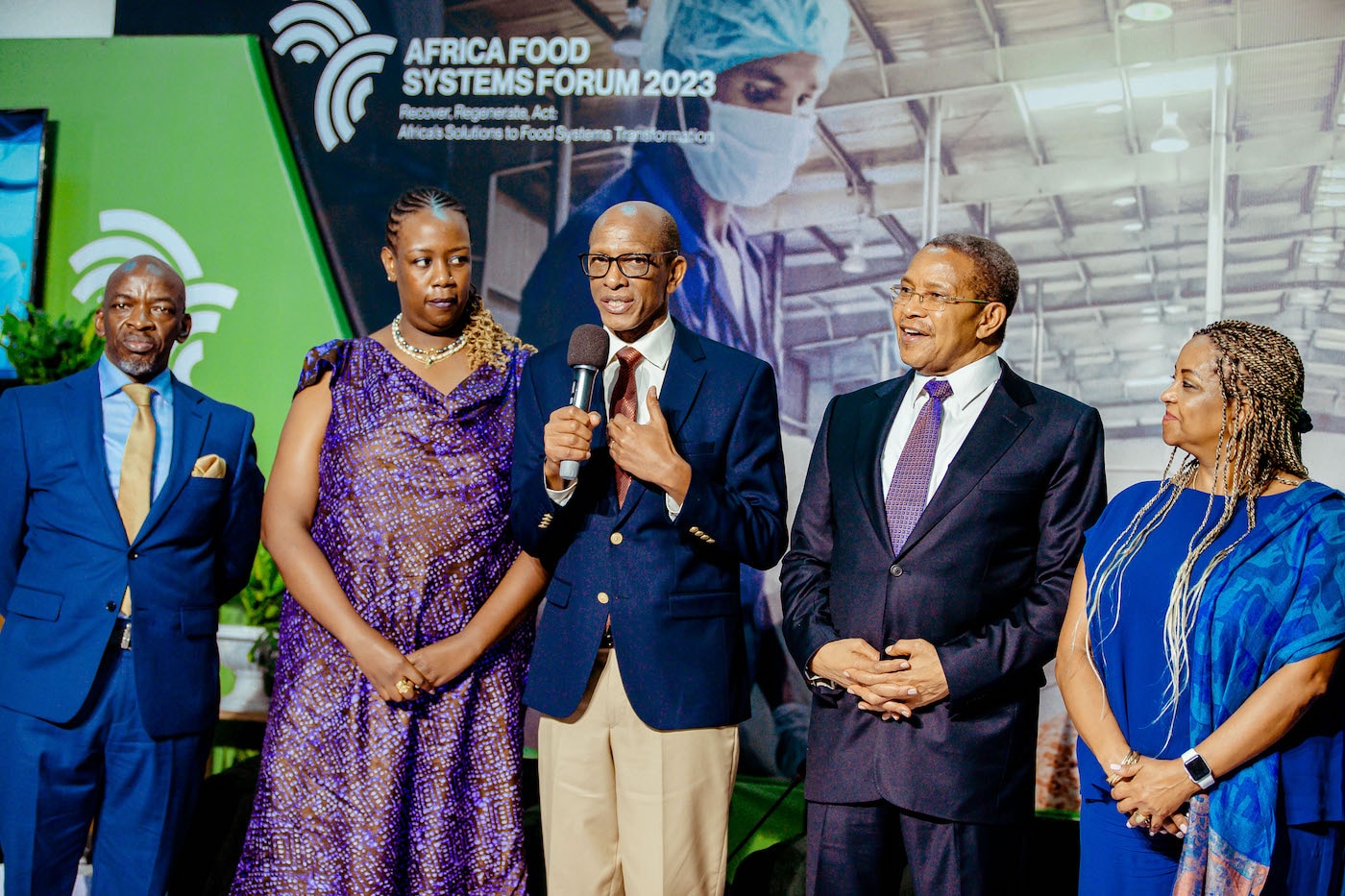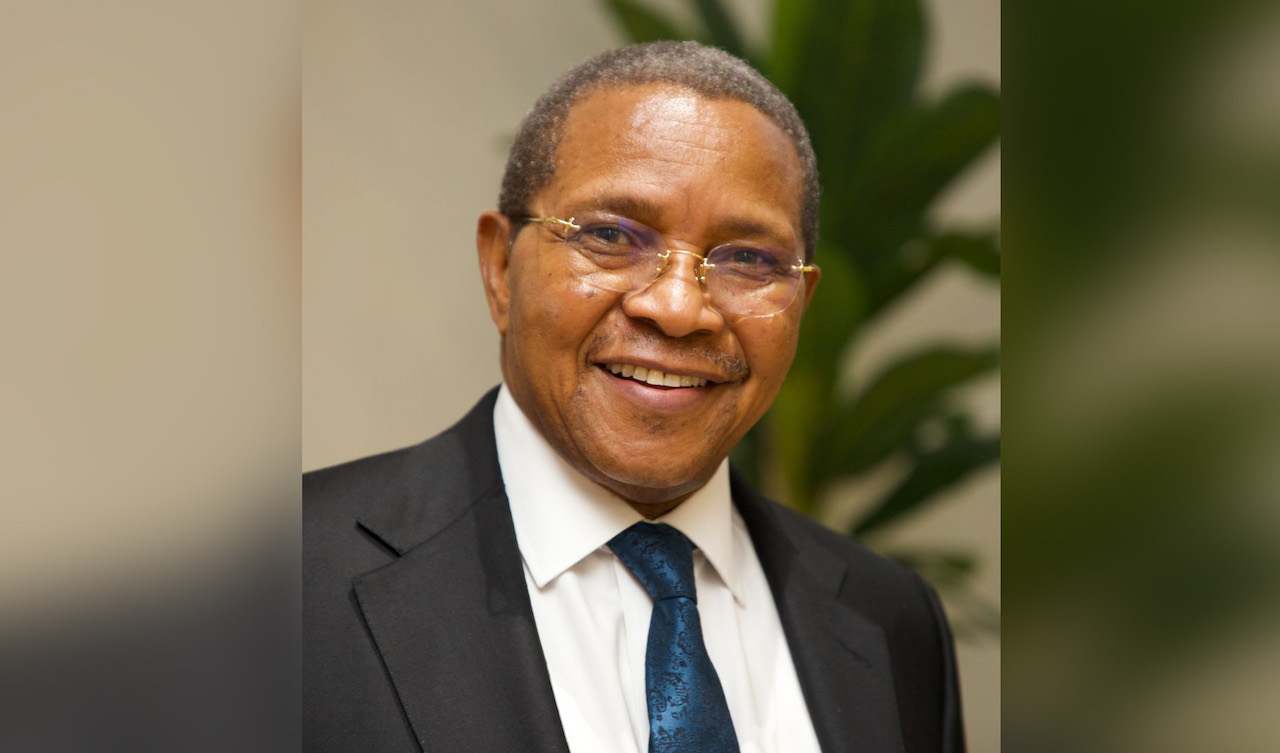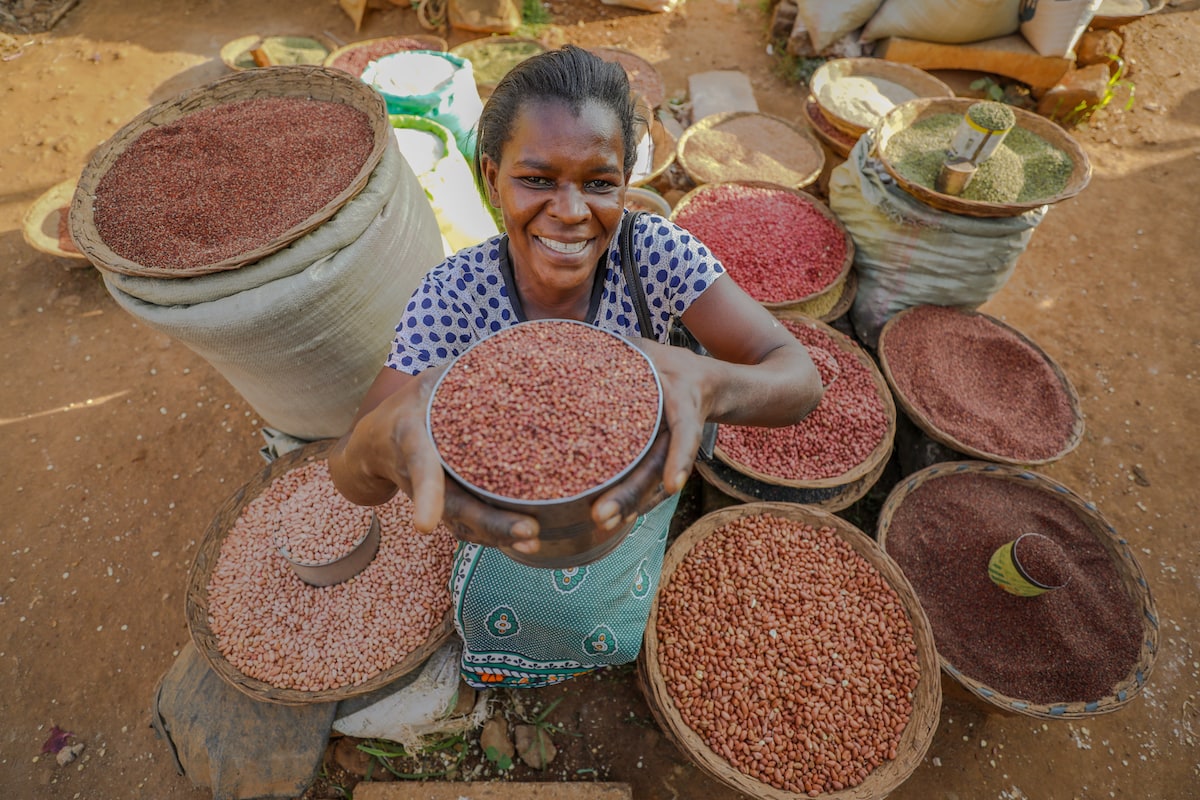Prof. Ruth Oniang’o, the Chairperson, Board of Sasakawa Africa Association (SAA), on Monday commended the University of Ilorin (Unilorin) for providing enabling environment for its agriculture programme to flourish. Oniang’o made the commendation when she led the board members of SAA/Sasakawa Fund for Agricultural Extension Education (SAFE) on a courtesy visit to Unilorin Vice-Chancellor, Prof. Sulyman Abdulkareem, in his office. Sasakawa Africa Fund for Extension Education (SAFE) is an initiative of the Sasakawa Africa Association (SAA).
It leads in developing responsive, custom-made agricultural extension education and rural leadership programmes that reach out to development professionals working directly with rural people to improve their livelihood. It’s mandate is to ensure that agricultural knowledge and technology from research is effectively disseminated to farmers and end users in sub-Saharan Africa to improve profits and livelihoods. The SAA chairperson said that Unilorin was one of the six Nigerian universities that had adopted the Sasakawa Fund for Agricultural Extension Education initiative to ease the method of farming in the country. The other universities, she said, were Ahmadu Bello University, Zaria, Bayero University, Kano, Usman Danfodiyo University, Sokoto, Federal University, Dutse and Adamawa State University, Mubi.
The Sasakawa Board Chair, who is a 2017 Africa Food Prize laureate, stressed the importance of the Sasakawa programme. She said she was happy that governments of African countries had begun to prioritise agriculture which she described as having the potential to be the biggest employer of the young generation. According to Oniang’o, Ethiopia has doubled its maize productivity and production in less than two decades and is currently exporting maize to Kenya. She attributed the success of the Sasakawa project to the continued evolution of agriculture in Africa and to the dedication of the founders. “Of the three founding members of Sasakawa, Ryoichi Sasakawa died and his son took over. “The son promised to continue to support us and we have been receiving this support since 1996 when they established office in Ethiopia,’’ she said.
The SAA chairperson announced that the Sasakawa Board would like to support the gender dimension because it was absolutely critical as well as supported people with disability. “Sasakawa supports people with disability every year because there is ability in their disability,” she said. Earlier, the Thematic Director, SAFE Africa, Dr Mercy Akeredolu, said that the board, especially its chairperson, was very proud of the University of Ilorin’s version of the programme. Akeredolu said that the team went round the campus to inspect the facilities and found out that everything needed was in place. Responding, Abdulkareem said that he loved the Sasakawa programme because it had not failed the institution and had lived up to expectations. Abdulkareem, represented by the Deputy Vice-Chancellor (Research Technology and Innovations), Prof. Gabriel Olatunji, thanked the Sasakawa team for acknowledging that the university placed high premium on the programme.
The Vice-Chancellor said that the Sasakawa project had enabled the university to fulfill one of its mandates, namely community service. He said: “we have the core mandate to teach, research and to engage in community service. So, the Sasakawa programme is one of those arms that enable us to get back to the community”. Abdulkareem urged the coordinator of the initiative in Unilorin to engage other food scientists from other departments outside the Faculty of Agriculture so as to make it multidisciplinary.

